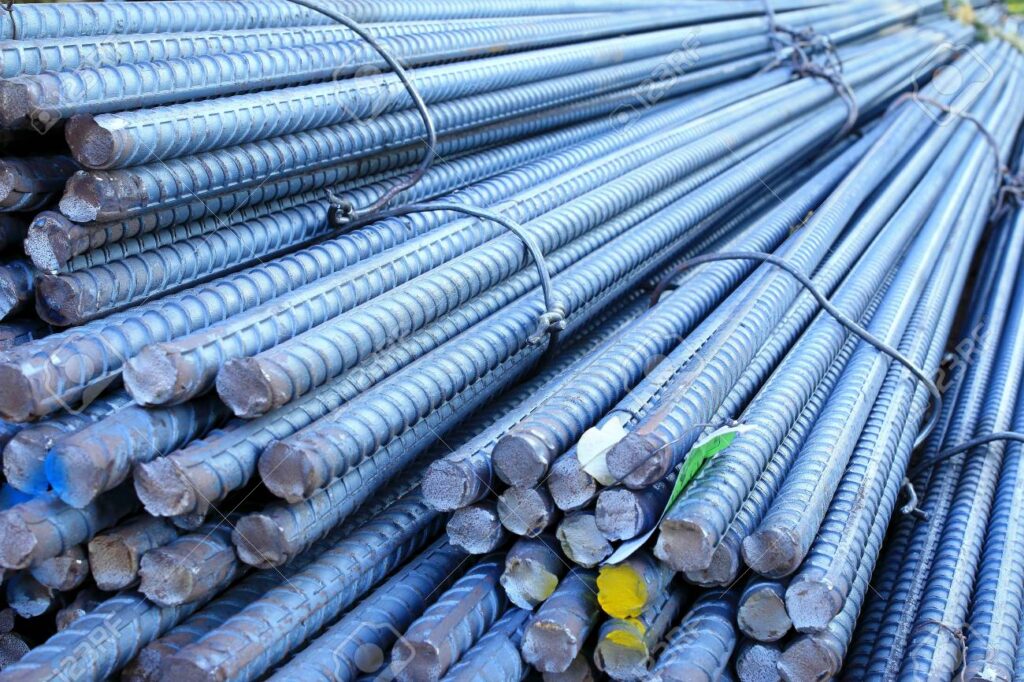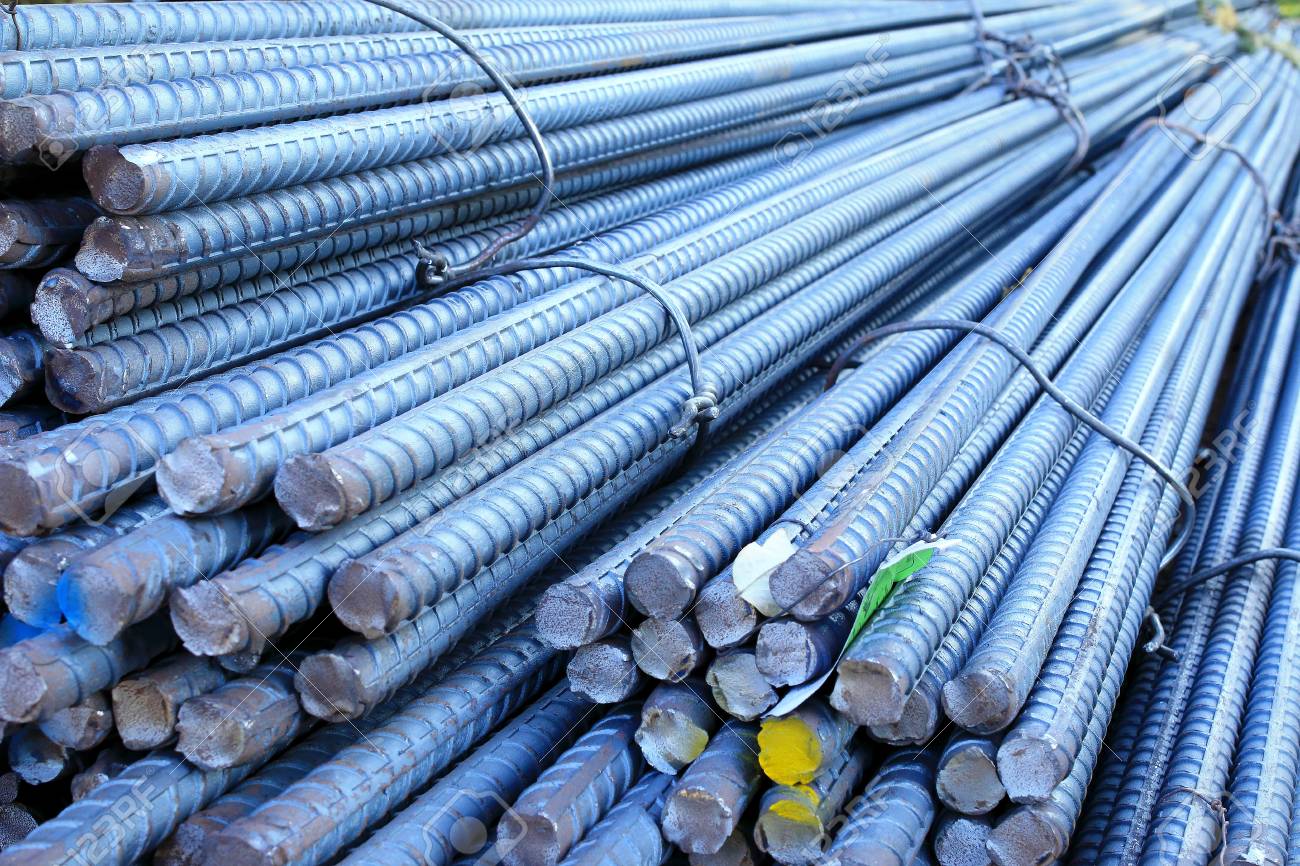
Russian steel companies could lose up to $800 million/year from the introduction of a carbon tax in the EU, says Russian industry and trade deputy minister Viktor Evtukhov.
“The introduction of such a tax will affect about 13 million tonnes/year of Russian steel exports to the European Union,” Evtukhov said at the “Metals and Mining in Russia and the CIS 2020″ summit monitored by Kallanish. “The EU is generally one of the largest consumers of our steel – a total value of more than $7 billion. Accordingly, if there will be a tax of more than €60 per tonne, as is now being discussed, the loses will be about $780-800 million per year.”
Russian industry is actively modernising; the level of investment is growing each year, including in 2020 despite the pandemic and macroeconomic factors, the deputy minister observed.
Russian Union of Industrialists and Entrepreneurs (RSPP) president Alexander Shokhin said it is important for Russia that cross-border carbon regulation does not turn out to be an instrument of unfair competition, or a form of protectionism for European companies.
“In Russia, the main CO2 emitters are large companies that are members of RSPP,” Shokhin observed. “They are implementing measures to reduce emissions by hundreds of billions of rubbles, and 80% of our electricity is generated at power plants with low specific greenhouse gas emissions.”
The EU announced its intention to introduce a carbon border adjustment mechanism as part of the planned Green Deal. According to European officials, this will provide a fair playing field in the EU market for products produced according to high climatic standards with minimal CO2 emissions.
The final decision on the border tax is expected to be taken in mid-2021.






